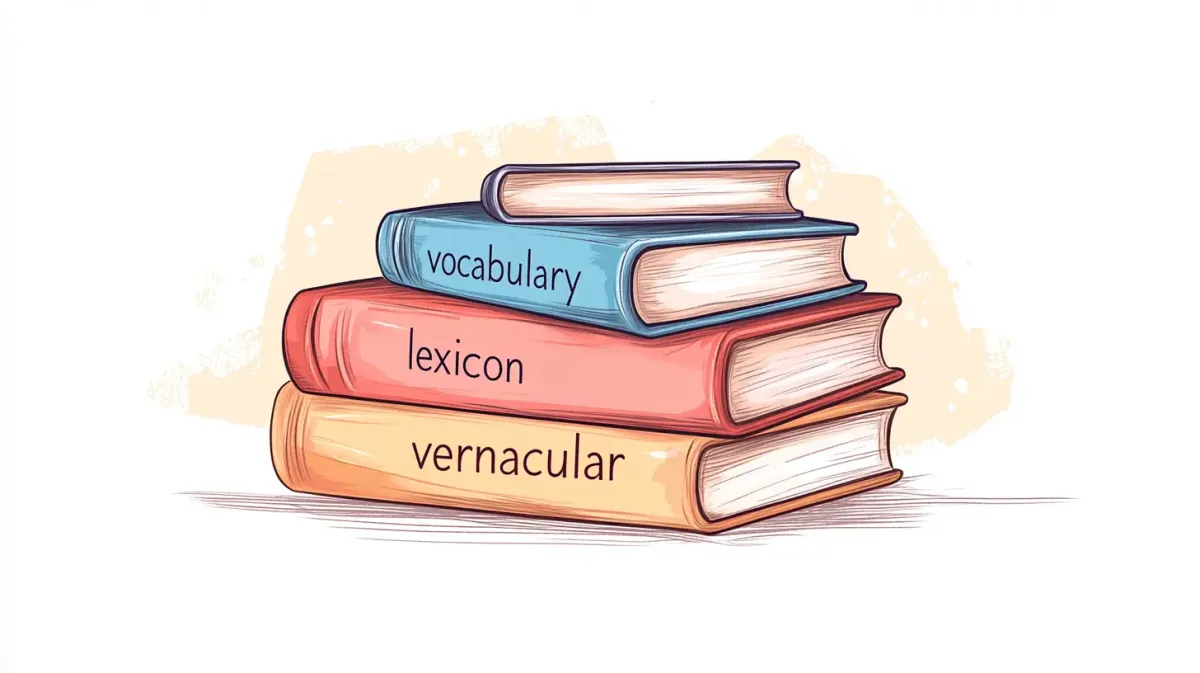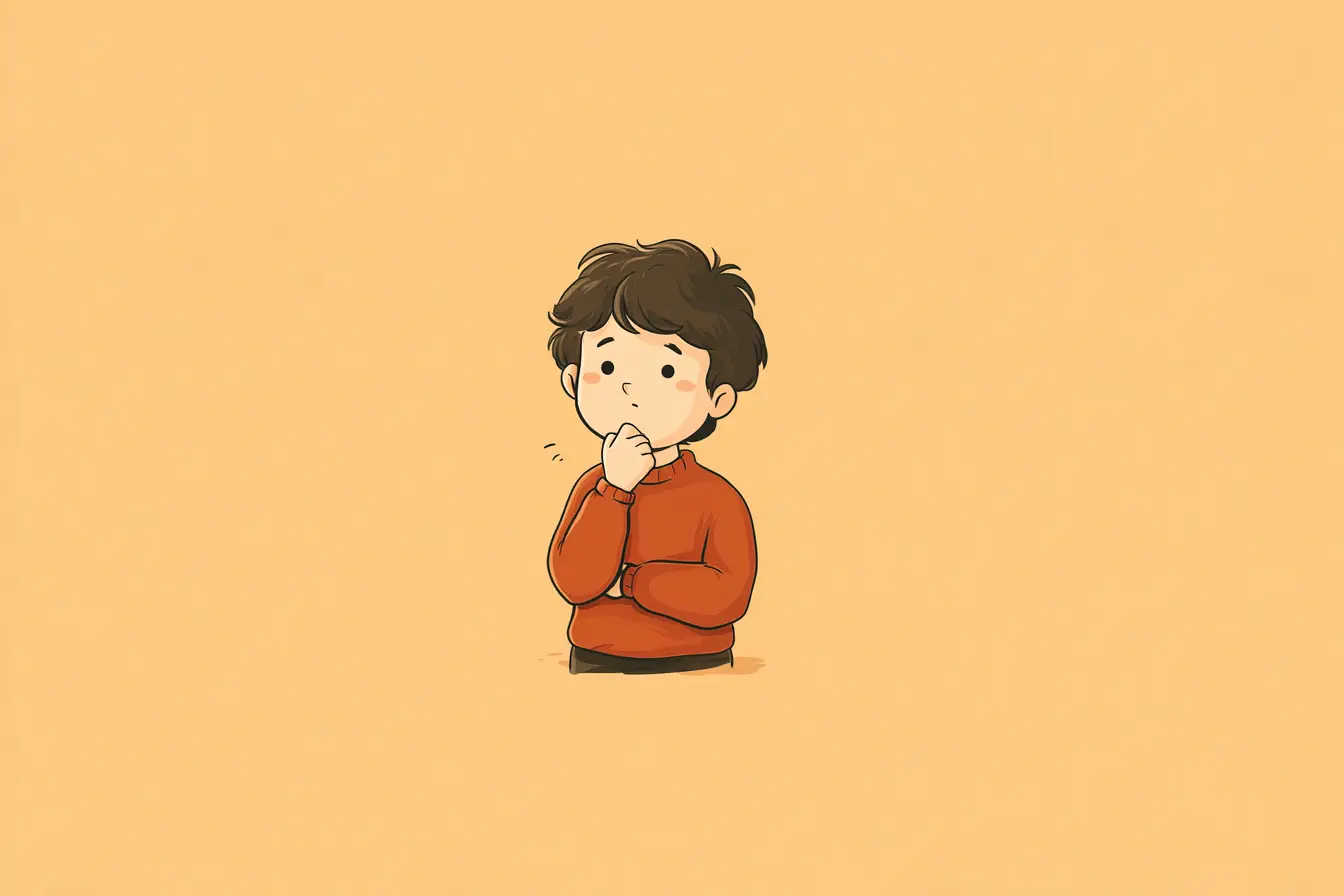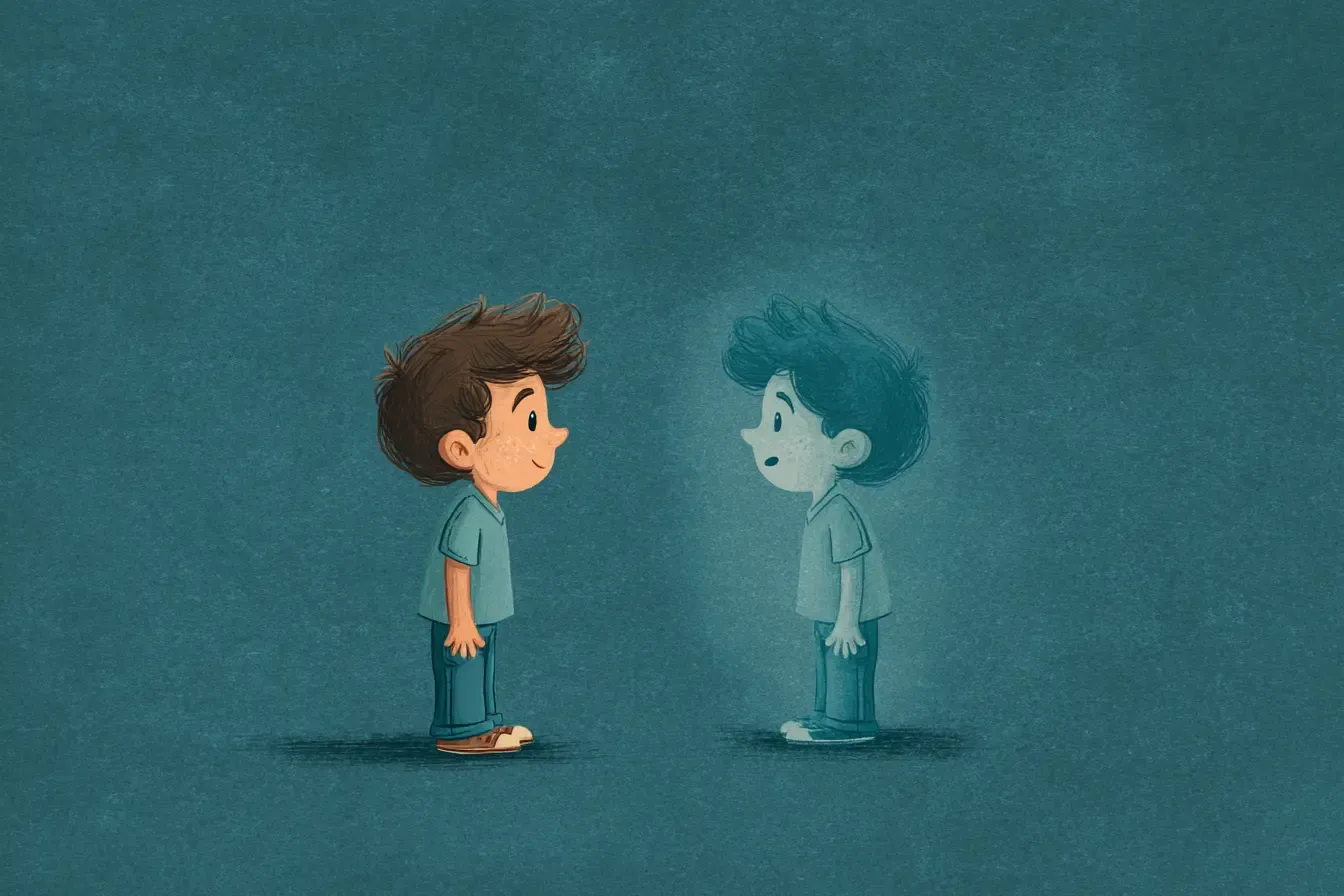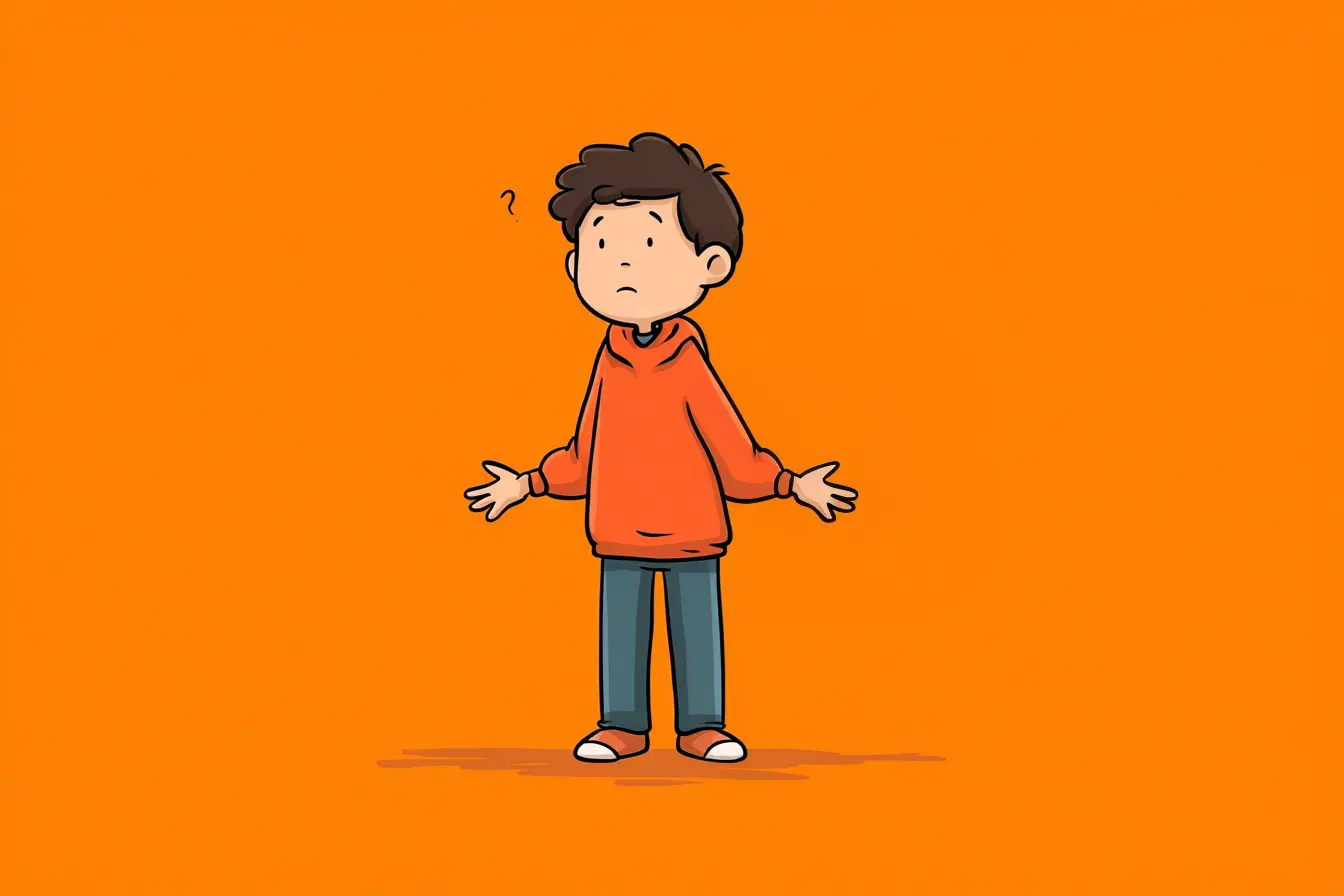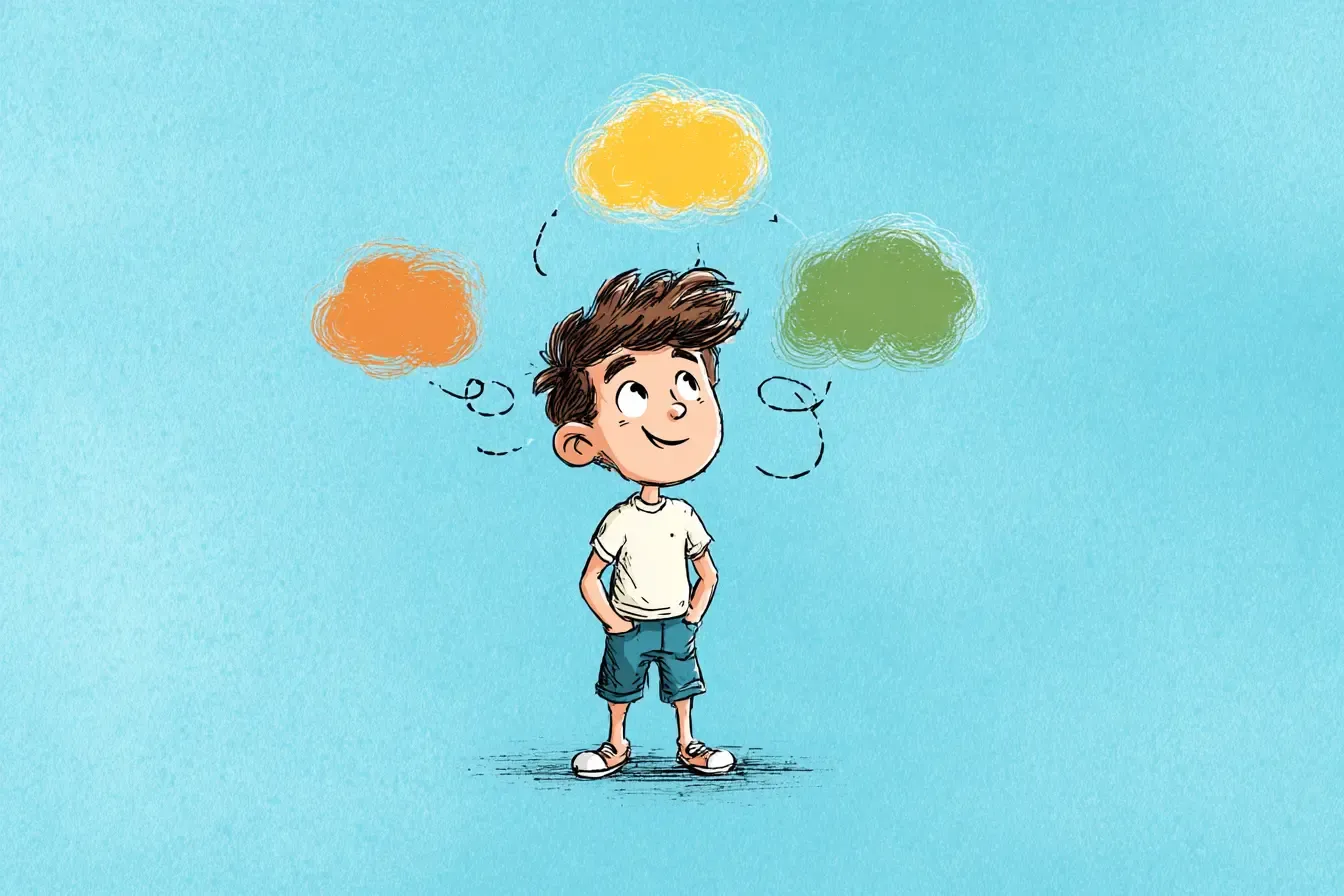If you've ever wondered whether you're using the word "lexicon" correctly or if there's even a real difference between lexicon, vocabulary, and vernacular, you're not alone. These terms often get tossed around in conversations about language, but they’re not interchangeable.
Let’s break them down one by one in plain English, with examples you’ll actually remember (and maybe even enjoy).
What Is a Lexicon?
In simple terms, a definition of “lexicon” is the entire collection of words in a language, or in a specific field of knowledge.
If you’ve ever tried to define lexicon in your head as “kind of like a dictionary,” you’re not far off. Linguists often use it that way. But the meaning of “lexicon” goes beyond just listing words. It also includes the meanings, relationships, and usage rules of those words.
Everyday example:
The lexicon of medicine includes words like "cardiovascular," "anesthesia," and "hematology." The English lexicon includes every word you know, read, say, or even hear (yes, including "yeet").
So when someone asks, “What does lexicon mean?”, you can say: it’s the full inventory of words in a language or field, including their meanings and how they’re used.
Vocabulary: The Words You Actually Use
Here’s where it gets more personal. While a lexicon is the total word bank of a language, vocabulary is more like your personal word wallet. It’s the set of words that you actively know and use in speaking and writing.
So, your vocabulary may be:
- 3,000 words if you’re just starting a new language
- 15,000 words if you’re a native speaker with a reading habit
- Somewhere in between if you mostly communicate in memes (no judgment 😄)
👉 Bonus tip:
There are different types of vocabulary:
- Receptive: Words you understand when you read or hear them
- Productive: Words you can actually use in speech or writing
In short: Your vocabulary is a subset of the lexicon, tailored to your life, habits, and interests.
Vernacular: The Language of Real Life
Now this is where things get spicy. Vernacular is the casual, informal, regionally flavored way that people actually speak in daily life.
Think of slang. Think of expressions your grandma doesn’t get. Think “gonna” instead of “going to.” That’s the vernacular in action.
It’s not just about words, it's about tone, style, rhythm, and cultural flavor. And when we look at lexicon vs vernacular, we’re comparing the formal, structured world of language (lexicon) to the wild, living, breathing reality of speech (vernacular).
Examples of vernacular:

So when people speak of “learning the vernacular,” they often mean understanding how people actually talk: jokes, slang, idioms.
The Bottom Line: Know the Difference
Here’s a quick cheat sheet to wrap it all up:

Why This Matters (Yes, Even If You're Not a Linguist)
Understanding these terms helps you:
- Speak more precisely about language (impressive flex);
- Learn foreign languages more efficiently;
- Appreciate cultural and regional differences in speech;
- Sound smarter without sounding like a robot.
Language isn’t just about words; it’s about how we use them, when, where, and why.
Want to expand your vocabulary and learn how people really speak in English, Spanish, or another language? Use the EWA app to learn with real-life dialogues from movies and series, and fun content tailored to your level.
Because mastering the lexicon is great, but sounding natural in the vernacular is where the magic really happens.


